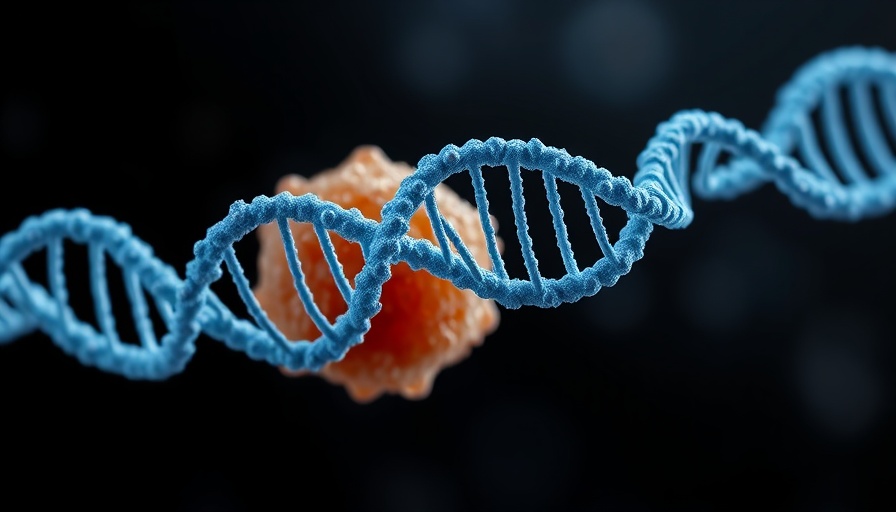
The Alarming Reality: Millions of Children Impacted by Parental Substance Use
In the United States, a staggering number of children are living with parents who have substance use disorders. Recent research reveals that nearly 1 in 4 children, or about 19 million, have at least one parent affected by this serious condition. This issue spans various substances, including alcohol, marijuana, and prescription opioids, presenting a challenging landscape for child welfare.
Understanding the Increase in Numbers
The significant rise in figures—over 2 million children since 2020—can be attributed to more inclusive diagnostic criteria related to substance use disorders. Before this, studies conducted from 2009 to 2014 estimated around 8.7 million, which indicates a glaring difference in awareness and reporting of familial substance use. This shift is critically important as it signifies an urgent need for tailored interventions for these vulnerable children.
Consequences for Affected Children
Children of parents struggling with substance use disorders often face a series of dire consequences. These children are at an increased risk for behavioral problems, developing anxiety and depression, and having difficult school experiences. What's more, children living in such environments are likely to initiate substance use earlier in life and become part of the child welfare system. The interplay of adverse childhood experiences and substance use is vital for understanding their long-term health outcomes, which calls for a stronger focus on mental health and welfare services.
Future Predictions and Trends in Substance Use
The trajectory of parental substance use disorders appears worrisome, as this phenomenon may become more prevalent with changing societal norms surrounding substance use. As more individuals experiment with lifestyle changes and semi-legal substances, children may find themselves navigating complex family dynamics that complicate their growth and development. It raises broad questions about public policy: How can we better support families in crisis to foster healthier environments?
Relevance to Current Events and Holistic Approaches
As our society grapples with rising obesity rates and other health crises, it's crucial to recognize the correlation between parental health, mental wellbeing, and child development. By adopting a more holistic approach that combines nutritional education, fitness goals, and emotional support mechanisms, we can create a foundation for better health outcomes. Initiatives like these can foster resilience in children, steering them away from substance abuse issues as they grow.
Expert Health Insights: Initiatives to Consider
Various programs aim to address the issues highlighted by this research. Community outreach initiatives focusing on education about substance use can empower at-risk families, helping them break the cycle of addiction. Additionally, promoting healthy lifestyle habits—including a balanced diet and active living—can serve as a protective buffer. Understanding the importance of cellular health and longevity can also play a role in the families' overall wellness.
Common Misconceptions Around Substance Use Disorders
Many individuals believe that substance use disorders only affect specific demographics; however, they can infiltrate any social class and demographic. Additionally, some might perceive these disorders solely as failures of willpower. Recognizing that substance use disorders are medical conditions with complex origins—often including genetic and environmental factors—is crucial in eliminating stigma and fostering support for those affected.
A Call to Action for Support
As we delve deeper into understanding the implications of parental substance use disorders, it becomes evident that community involvement and policy reform are essential. Advocating for better mental health services targeted at families can create a supportive atmosphere that reduces the risk factors and cultivates healthier future generations.
With this information in hand, take the initiative to engage with local health services or educational programs that aim to mitigate the impact of substance use disorders on families. Greater awareness and proactive measures can significantly alter the trajectory of countless children's lives.
 Add Row
Add Row  Add
Add 




Write A Comment